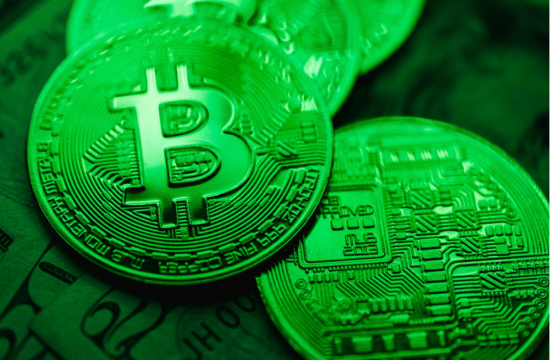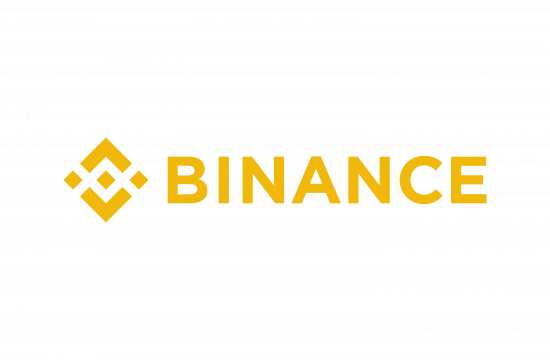Binance, the world’s largest crypto exchange by traded volume, is reportedly seeking a license to operate in Japan after its exit from the country four years ago.

People familiar with the matter told Bloomberg that the nation’s “easing approach” to crypto and “substantial potential for user growth” are the key reasons for Binance’s renewed interest in the world’s third-largest economy.
A Binance spokesperson added that the company is committed to working with Japan’s financial regulator but “as you can understand, we do not comment, as a matter of policy, on specific matters related to any regulators.”
He also cited Japanese Prime Minister Fumio Kishida’s Web3-friendly approach. The PM said in May that Web3-related initiatives such as metaverse and non-fungible token (NFT)-related developments will be part of the nation’s growth strategy going forward.
Binance pulled out of Japan in 2018 after the country’s Financial Services Agency (FSA) warned that the crypto giant is operating in the country without permission. At the time, CEO Changpeng Zhao spoke out against rumors that Binance was subject to criminal charges by the FSA. He also claimed that the exchange was in “constructive dialogues” with the regulator over the matter.
Since 2017, Japan has been one of the first nations in the world to make it mandatory for crypto companies to properly register with the regulator in order to continue operating. However, Japanese authorities are proposing new restrictions that would bring crypto exchanges under the purview of its Foreign Exchange and Foreign Trade Act.
The move comes as Japan wants crypto businesses not to process transactions involving crypto assets subject to asset-freeze sanctions against Russia over the war in Ukraine.
Hirokazu Matsuno, a representative to the country’s cabinet, said that the government plans to introduce a bill to revise its foreign exchange and trade law to include crypto exchanges. Under this new proposal, crypto exchanges will act like regular banks in a sense that it would be obliged to verify and flag suspicious activities, including transactions related to sanctioned countries.
According to officials, unauthorized payments to sanctioned entities or individuals, even with digital assets, whether NFTs or crypto, will attract punishment.
Although the proposed revision doesn’t ban the country’s 31 crypto platforms from facilitating transactions with Russian-based wallets, it puts higher compliance requirements. This compliance aims to tackle concerns that oligarchs in Belarus and Russia may resort to crypto to avoid the financial sanctions imposed over Ukraine invasion.











